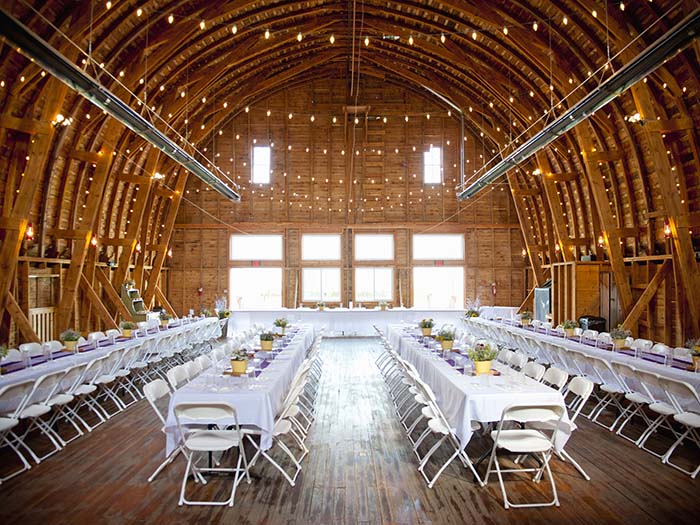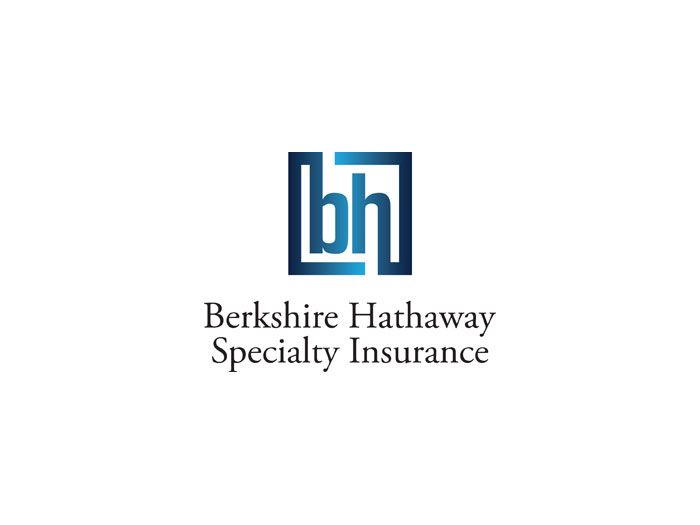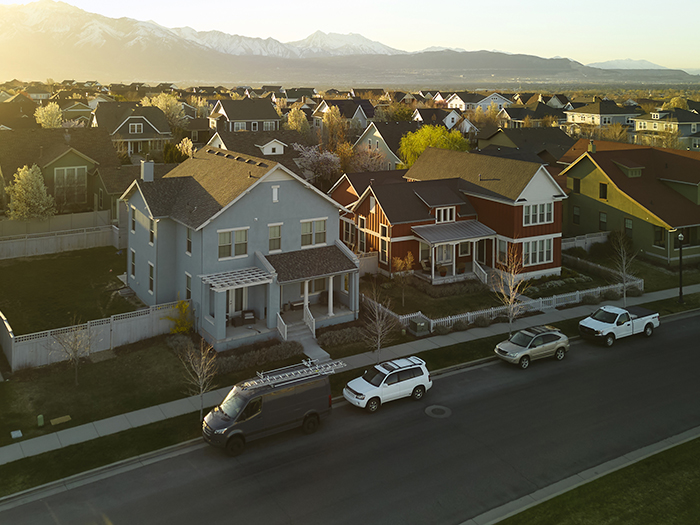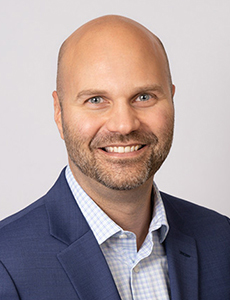Special Events Risks Are Different After a Pandemic. Here’s How Organizers Can Help People Get Back Out There — Safely

The past three years have been challenging, to say the least. Now that the coronavirus public health emergency is officially over, special events organizers have completely full plates as they strive to keep up with the demand for in-person engagement.
Although COVID is still with us, it’s no longer taking center stage as organizers map out their plans to make sure attendees remain safe and have a good time everywhere from golf tournaments to corn mazes.
In addition to health and sanitation considerations, detailed security and physical hazard mitigation have become top-of-mind issues for organizers.
“Based off some of the losses that we see in this industry, we’re seeing increases with trip and falls, particularly around sound equipment,” said Hollie Campe-Astridge, product manager, Philadelphia Insurance Companies (PHLY).
“It always behooves us to make sure that cables and things like that are secured appropriately,” she continued, “and not everybody thinks about making sure those cables are brightly colored, secured appropriately, et cetera when you’re trying to put together an event.”
With a myriad of details to consider as the pace of in-person events picks up, organizers can look to their insurance carriers for help to make sure they’re keeping oft-overlooked details in mind.
“Sometimes, people don’t think about insurance until the last minute, which is not surprising,” Campe-Astridge said. Whether it’s a film crew needing a certificate of insurance for a two-day shoot or a planner orchestrating a large wedding, “they just don’t think about it sometimes.”
Make Sure Your Contracts Are Clear
One element of every event that is notoriously glossed over is contract review. Leading up to an event, who has the time or energy to review fine print when there’s a seemingly never-ending list of tasks for each member of an event organizing team to attend to?
But finding someone to help read through all contracts associated with the event is a must, Campe-Astridge emphasized, because it’s easy to make assumptions about who will be liable for what in the event of a loss.
“It comes up a lot where the contract is not clear as far as responsibilities for each party,” she said. “There may be some gray areas.”
Situations involving parking lot usage for an event are a prime example.
“Say there happens to be a pothole in the parking lot,” Campe-Astridge said. “Now, you can debate as to whose responsibility that pothole is, but if the contract isn’t clear and someone trips and falls into that pothole, even if you don’t own that parking lot and you’re not responsible for the maintenance, you can still be held liable for their injuries.
“So those venue contracts are very important to make sure [you know] what your actual responsibility is,” she added.
And contracts with vendors are just as important to review carefully.
Take an event where children — and maybe some adults too — will have the opportunity to jump around in a moon bounce or any kind of inflatable playground.
When this sort of recreation will be offered at an event, Campe-Astridge said, “you want to make sure that, one, the vendor carries their own insurance, and two, the contract with the vendor includes ‘hold-harmless’ wording.” It’s critical to have clarity in the contract as to who will be responsible should someone get hurt, she said.
“Typically, when there is a lawsuit like this, many entities may be named — the organizer, the vendor, the event promoter as well … But if that contract wording was stronger, it would fall on the entity that was actually responsible for the inflatable playground.”
Security, Security, Security
As event teams make their way through their pre-event checklists, they must give full and thorough consideration to the details of their security plans.
“We’ve all seen news coverage of horrific incidents of people driving vehicles into large groups or the incidents of mass shootings and things like that at large events,” Campe-Astridge said. “So security has definitely become one of the overriding issues that we ask [insureds] about.”
The larger the event, the more detailed the plans: “What are your security procedures? Are there medical personnel on site? Do you have medical tents?” she asked. “While all those kinds of questions were important before, they are becoming more important every day.”
For many organizations struggling to retain staff, especially small to midsize nonprofit organizations that rely heavily on fundraising events, sorting through all the security-related what-ifs may be more than they have the capacity to handle.
“And that’s part of what our risk management team helps them with,” Campe-Astridge said. “If they do not currently have a process in place, our team can help them organize and put together a security procedure, like what will happen if there’s an active shooter? What will happen if there’s a stampede?”
She continued, “It’s about making sure that they’ve got things in place that you didn’t have to worry about years ago, and now you have to worry about constantly.”
Where Everybody Knows Your Name
But event organizers aren’t the only ones having to think more critically about how to keep people safe at events. Venue operators, especially those of craft alcohol businesses, must also take a closer look at their contracts, security and all-around event management infrastructure.
“There has been an increase in liquor requests, and that is probably going to continue,” Campe-Astridge noted. “There’s a lot of drive towards craft breweries and craft cideries and small wineries attached with events, and we’ll be seeing more of that as that industry continues to grow.”
With the line between home and work completely blurred for many, these craft venues are serving as a much-needed “third place.” Often discussed in sociological contexts, the third place offers a sense of familiarity and change of scenery that people today crave. Even the most introverted — folks who are happy doing crossroads on their couch, gaming or streaming episodes of their favorite series — are finding themselves needing to switch things up a bit.
And increasingly, in urban, suburban and rural communities alike, tap and tasting rooms provide that third place. Whether they specialize in beer, cider, wine or spirits, these micro-entities are also becoming sites for their community’s most memorable occasions.
“You can rent the space for wedding receptions and baby showers — all those kinds of things,” she said. “And a lot of them have meeting spaces as well.”
As these craft locales see their calendars booked throughout the year, more operators are looking for insurance to cover unforeseen situations. And Campe-Astridge said she’s seeing a niche, sometimes overlooked, form of insurance coverage providing just the right fit: TULIPS, or tenant and user’s liability insurance policies.
“It’s a blanket special event policy for a venue,” Campe-Astridge explained. “So, let’s say a venue rents out its space for 20 to 30 different event types throughout the year: A TULIP covers basically all the different special events that would otherwise be offered on a separate basis.”
The Year-Round Coverage Advantage
The special event industry isn’t just about one-off occasions. For many event organizers, especially nonprofits, hosting fundraisers, galas and sporting events throughout the year is critical for their business. This makes the relationship between organizers and their insurance brokers and providers crucial as well.
Being prepared doesn’t only mean having everything in place before the event — it’s also about understanding what to do when the unexpected happens, Campe-Astridge noted. When organizers have an incident, they should know precisely who to call and what steps to follow.
“You don’t want to let something like that sit for a week or two,” she added. “The sooner it gets reported, the sooner we can help.”
And having cultivated relationships really helps with that. “Organizers and venue owners know who to reach out to, and that’ll make it a lot faster for us to respond when they need help.”
The pandemic hit everyone’s pockets, but for nonprofits who rely largely on fundraising events, the financial strain was significant. Campe-Astridge said, “With everybody’s revenues taking a hit during COVID, finding the best pricing for coverage has been a primary concern.”
That’s where her team at PHLY strives to offer an easy-to-access online portal and a broad range of additional and optional coverages that can be difficult for many nonprofits to find: “Think of provisions like hired and non-owned auto, liquor liability, higher GL limits, umbrella limits and more.”
For event organizers and venue operators handling everything from large-scale annual athletic tournaments or a series of small community events, a tailored insurance policy with an insurer who understands their unique needs isn’t just a preference — it’s a necessity.
And Campe-Astridge explained, instead of grappling with numerous policies, many can look to their insurance providers to craft a singular policy and simply incorporate each event throughout the year: “It streamlines the process, ensuring these organizations remain covered, no matter the occasion.” &










